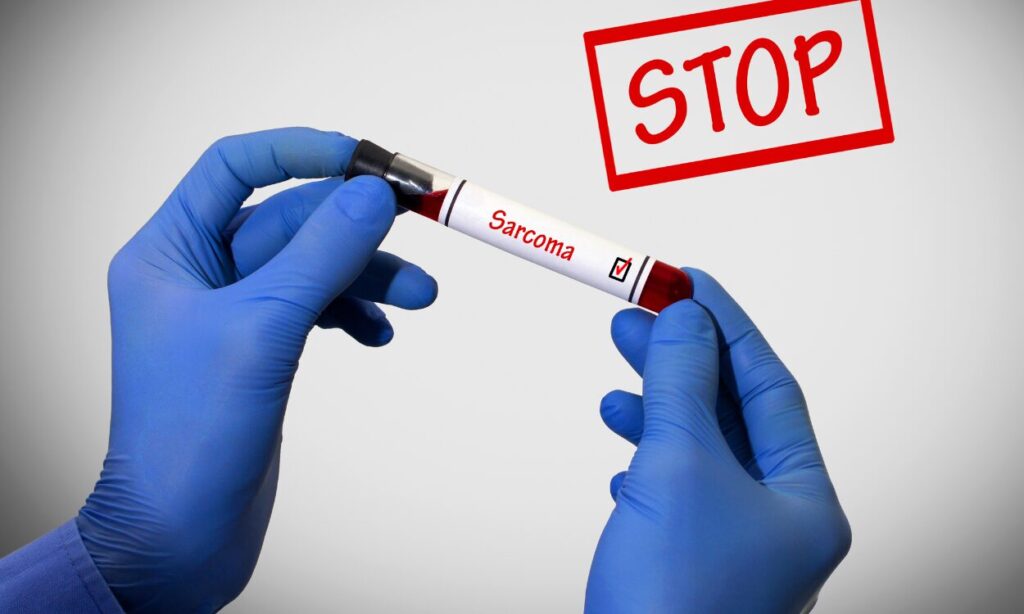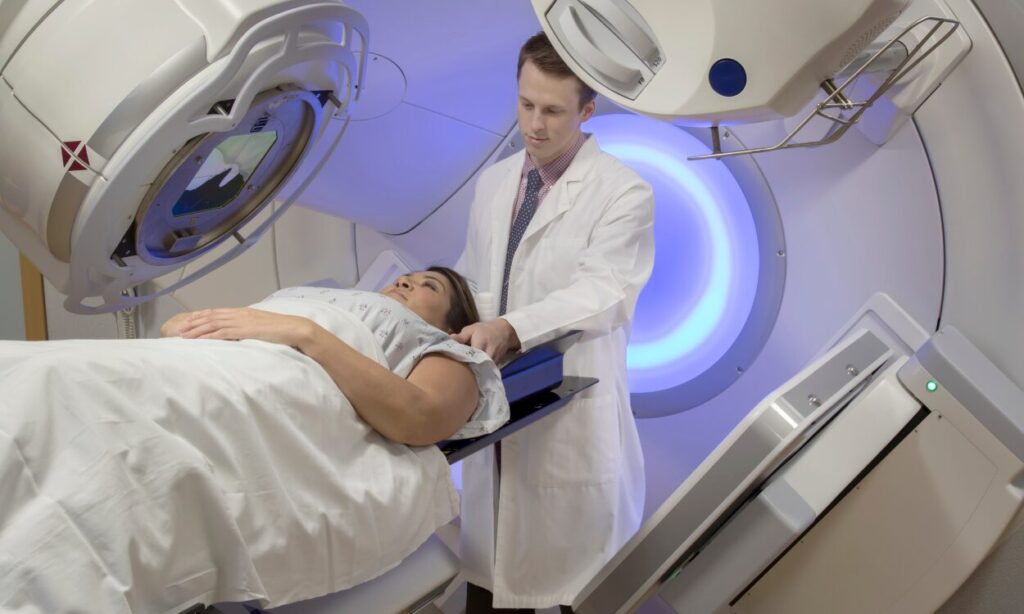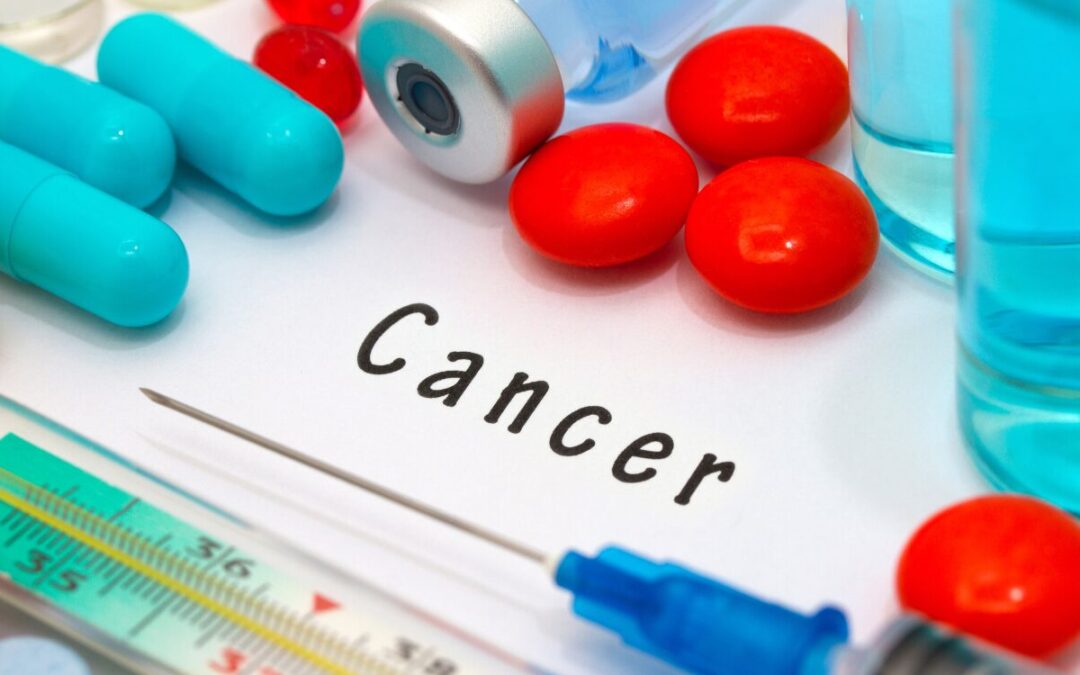The word itself evokes fear and uncertainty. It’s a complex disease, and for those facing it, the journey can feel overwhelming. But knowledge is power. This blog aims to be your compass, providing a foundational understanding of cancer, its types, treatments, and the immense support system available.
Demystifying the Disease: What is Cancer?
At its core, cancer is the uncontrolled growth of abnormal cells. These cells divide rapidly and invade healthy tissues, disrupting their function. There are over 200 different types of cancer, each with its unique characteristics and behavior. Some cancers grow slowly, while others progress aggressively.
Understanding the Causes: What Triggers Cancerous Growth?
The exact causes of cancer are not always clear, but several factors can contribute to its development. Here are some key players:
Genetic mutations:
Changes in our DNA can lead to uncontrolled cell growth. These mutations can be inherited or acquired throughout life due to environmental factors.
Carcinogens:
These are substances like tobacco smoke, ultraviolet radiation, and certain chemicals that damage DNA and promote cancer development.
Lifestyle choices:
Diet, physical activity, and alcohol consumption can all influence cancer risk.
This is the one that can be controlled by us and is the most powerful. One of the things that matter the most is how often you are Detoxing and Cleansing. Most of us NEVER.
I have learned from my experience with my mother dying of cancer, how not to get cancer. I follow on a regular basis every 3 months doing fasting and cleansing.
I can guide and teach how to do this.
Here is the link for the book for cleansing.
The Amazing Liver & Gallbladder Flush: A Powerful Do-It-Yourself Tool To Optimize Your Health and Wellbeing. by Andreas Moritz
I highly recommend fasting and cleansing the body’s filter like Liver, Kidney, Gall Bladder and Lymphatic system.
Reading this book will open up your eyes. This book talks about how cancer happens and how you can reverse it.
Cancer Is Not a Disease – It’s a Healing Mechanism by Andreas Moritz
Reading these two books will be a life saving for not just you .It will impact others through your knowledge and sharing other peoples life.
Chronic infections:
Some viruses and bacteria can contribute to specific cancers.
A Spectrum of Cancers: The Different Types
Cancers are categorized based on the tissue where they originate. Here’s a brief overview of some common types:
Carcinoma:
This type arises from epithelial cells, which line the organs and surfaces of the body. Examples include lung cancer, breast cancer, and colon cancer.

Sarcoma:
These cancers develop in connective tissues like bones, muscles, and cartilage. Examples include cancer of the lung, breast, and colon.
Leukemia:
This blood cancer affects the bone marrow and lymphatic system, hindering the production of healthy blood cells.
Lymphoma:
These cancers originate in the lymphatic system, a network of tissues and organs that fight infection. Examples include Hodgkin’s lymphoma and non-Hodgkin lymphoma.
The Fight for Recovery: Treatment Options
The good news is that advancements in cancer treatment offer hope. The best approach depends on the type, stage, and overall health of the patient. Here are some common treatment methods:
Surgery:
This involves removing the cancerous tissue whenever possible.
Radiation therapy:
Radiation therapy uses high-energy rays to target and destroy cancer cells.

Chemotherapy:
Powerful drugs are used to kill cancer cells throughout the body.
Immunotherapy:
This treatment helps the body’s immune system recognize and attack cancer cells.
Targeted therapy:
These dugs target specific abnormalities in cancer cells.
Alternative/ Holistic therapy: There are so many of them that can be used and implemented that can help. I firmly believe you should do your own research and make the best choices for you. Do not let fear control you or anyone else force you . Take control of yourself and you can do miracles and cure yourself.
Beyond Treatment: Managing the Journey with Support
A cancer diagnosis doesn’t just impact the patient; it affects loved ones too. Here are some resources that can provide support:
Cancer support groups:
Connecting with others facing similar challenges can offer emotional and practical support.
Counseling:
Talking to a therapist can help manage stress, anxiety, and emotional turmoil.
Financial assistance:
Various organizations offer financial aid to help manage treatment costs.
Nutrition guidance:
Maintaining a healthy diet is crucial during treatment. A nutritionist can provide personalized guidance. Detoxing and cleansing will also help and get personalized guidance. One of the places I know that will help is LifeLine Wellness Center in Knoxville Illinois.
Conclusion
Knowledge is Power – Taking Charge of Your Health
Cancer is a formidable opponent, but you are not alone. With knowledge as your weapon and a strong support system by your side, you can navigate this challenging journey. Remember, early detection is crucial. Regular screenings, a healthy lifestyle, and open communication with your doctor are your best defenses.
Living with cancer can be empowering. By taking control of your health information and advocating for your needs, you can become an active participant in your treatment plan.
(FAQ)
What are the early warning signs of cancer?
Early symptoms can vary depending on the type of cancer. However, some general signs include unexplained weight loss, fatigue, persistent fever, changes in bowel or urinary habits, and unusual lumps or bumps. If you experience any of these, consult your doctor immediately.
How can I reduce my risk of cancer?
While not all cancers are preventable, certain lifestyle choices can significantly reduce your risk. Here are some tips:
- Maintain a healthy weight.
- Consume a well-balanced diet that includes plenty of fruits, vegetables, and whole grains.
- Limit processed foods, red meat, and sugary drinks.
- Exercise regularly.
- Limit alcohol consumption.
- Avoid smoking and secondhand smoke exposure.
- Practice safe sun exposure and use sunscreen regularly.

